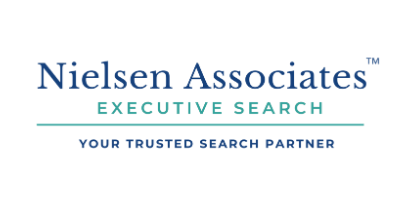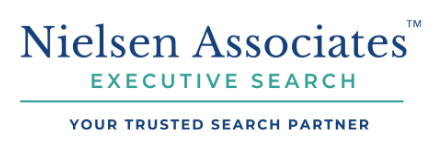Agility, Emotional Intelligence + Self-Awareness
9 Modern Skills Everyone Should Be Hiring For
The world is changing at the speed of light - and so is the workplace as we know it. To onboard exceptional talent in this dynamic landscape, your talent acquisition process needs to uncover the right skills for the role - and for the modern workplace.
In this three-part series, we’re sharing a sneak peek of our new eBook, 9 Modern Skills Everyone Should be Hiring. We designed it for you (and by ‘you', we mean ‘everyone'!) You’ll find it useful whether you’re hiring, developing your internal talent pool, seeking employment, or looking to sharpen your skills and advance your career.
Our hope is that hiring managers will be able to make better, more successful hiring decisions. Our guide gets clear on character attributes like agility, emotional intelligence, integrity, and beyond - so you can find professionals who are a great fit today - and in the future. And if you’re interviewing, you'll gain insight on how to convey a balance of these skills during the process.
For the first installment, read on.
1 | Agility
What it is:
Agile employees have a high tolerance for change. They have a fast-paced ability to adapt to change, manage change, and promote change adoption within an organization. They’re innovative, out-of-the-box thinkers who often solve problems and improve business processes using unique or unconventional approaches. They desire continuous improvement; and are often committed to personal excellence. They stay relevant in their industry through professional and personal development, and have the ability to evaluate new and emerging trends and make appropriate recommendations.
Why it matters:
We’re in the midst of an ongoing transformation. Our world is increasingly digital and diverse; and to remain competitive and be relevant, companies need to catch up (and keep up) to meet shifting expectations of consumers and employees. Companies who want to modernize their infrastructure, operations and corporate culture need agile leaders who can innovate and implement change at any scale.
How to spot it on an interview:
- Tell me about an outdated business process that you’d like to change in your lifetime.
- Describe a time during your career where you implemented a business process improvement.
- How do you react to the standard “this is how we do things” response to a request for change?
- How do you explain to team members that they need to immediately alter a process?
- Describe what you currently do to stay relevant and up to date on trends within your industry?
2 | Emotional Intelligence
What it is:
Emotional Intelligence is actually a set of personal and social skills —and we’ll be breaking them down for you on a high-level in this three-part series. When someone is emotionally intelligent, they have the ability to identify, recognize, and unterstand their own emotions (personal competence) and the emotions of others(social competence).
Emotionally intelligent employees use this awareness to manage behavior, business relationships, and make decisions effectively.
Why it matters:
Studies show this skillset is so critical to success that it accounts for 58% of performance in all types of jobs. Drs. Bradberry and Greaves, who measured emotional intelligence in over a half million professionals say that, “Emotional intelligence is the single biggest predictor of performance in the workplace- and the strongest driver of leadership and personal excellence.”
How to spot it on an interview:
- Tell me about a time when you were involved in a conflict at work.
- Here’s a hypothetical: You’re a new employee and your boss has asked that you participate on project committee at work. Although they’re very friendly, all of the committee members seem demotivated and nervous, and spend the first meeting gossiping about a recent reorganization. How would you handle this?
- When you need to give corrective feedback to a co-worker or direct report, what is your typical approach?
- Tell me about a time when you needed to ask for help on a project.
3 | Self-awareness
What it is:
Self-awareness is a key component of emotional intelligence. Employees who are self-aware recognize their own emotions as they happen, and they understand patterns or tendencies over time. They can identify their own “triggers”; they understand what “makes them tick”; and they have an accurate perception of their own strengths and weaknesses. Employees who know themselves well are self-reflective; they analyze emotionally charged situations objectively, and regularly ask others for feedback.
Why it matters:
Self-awareness is an important factor in hiring for the right fit. People who are self-aware are more likely to pursue the right professional opportunities and achieve full potential because they know what motivates them, what they’re capable of, and what they find satisfying.
How to spot it on an interview:
- Aside from an annual performance appraisal, how do you determine whether you are doing a good job?
- Tell me about a time that you felt particularly motivated at work.
- What are your office pet peeves?
- Describe a situation in any of your previous roles where your patience was put to the test.
- Do you prefer to work independently, or would you rather collaborate with others?
——
Want more interview questions? Download our eBook for 114+ fresh interview questions.
Need to collaborate with an expert recruiter? Request a free consultation today.
—-
Credits:
Content Developer: Nine Planet Design
References: Emotional Intelligence 2.0, Bradberry & Greaves, 2009 | www.talentsmart.com













